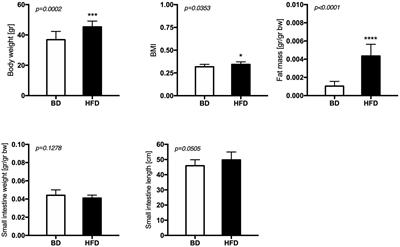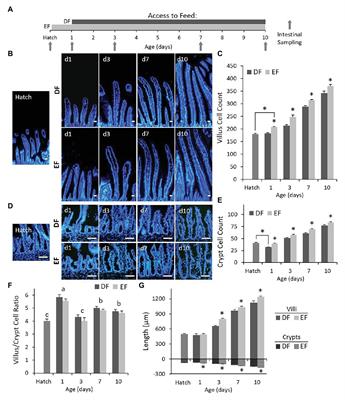EDITORIAL
Published on 11 Mar 2022
Editorial: Precocious Gut Maturation: Environmental and Dietary Factors
doi 10.3389/fnut.2022.868722
- 899 views
8,601
Total downloads
29k
Total views and downloads
Select the journal/section where you want your idea to be submitted:
EDITORIAL
Published on 11 Mar 2022
REVIEW
Published on 17 Dec 2021

MINI REVIEW
Published on 30 Jul 2021
ORIGINAL RESEARCH
Published on 09 Jul 2021

ORIGINAL RESEARCH
Published on 08 Jul 2021

ORIGINAL RESEARCH
Published on 24 Jun 2021

ORIGINAL RESEARCH
Published on 04 Jun 2021

ORIGINAL RESEARCH
Published on 17 Dec 2020


Frontiers in Physiology